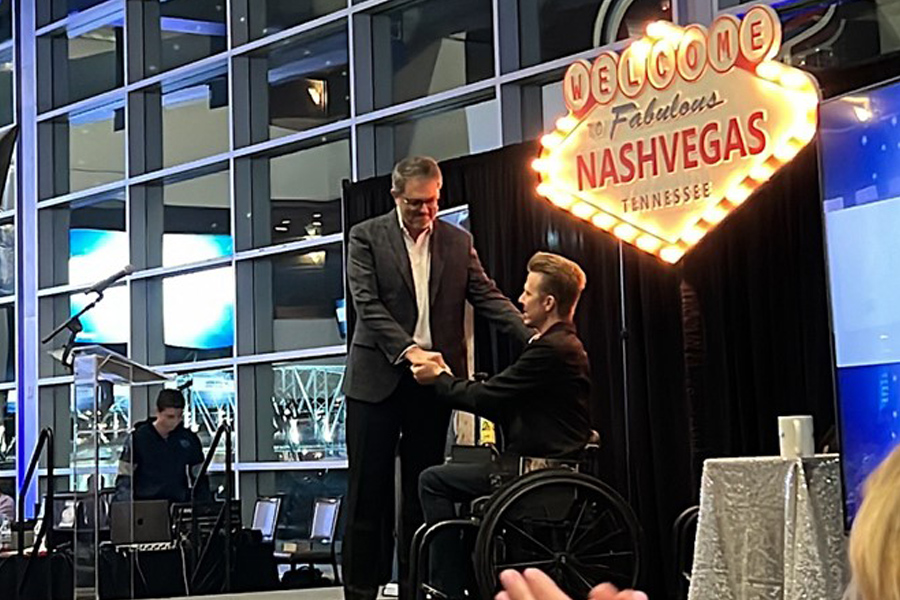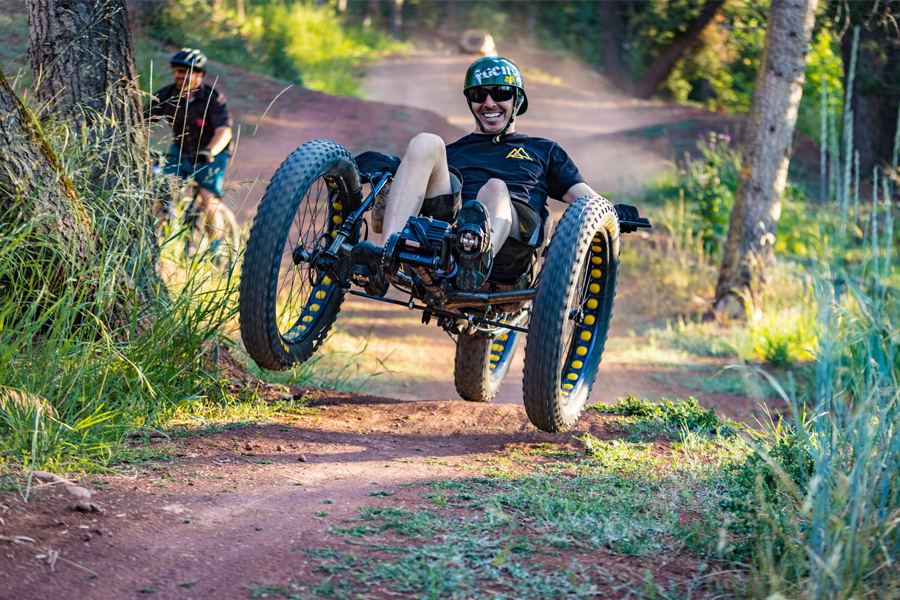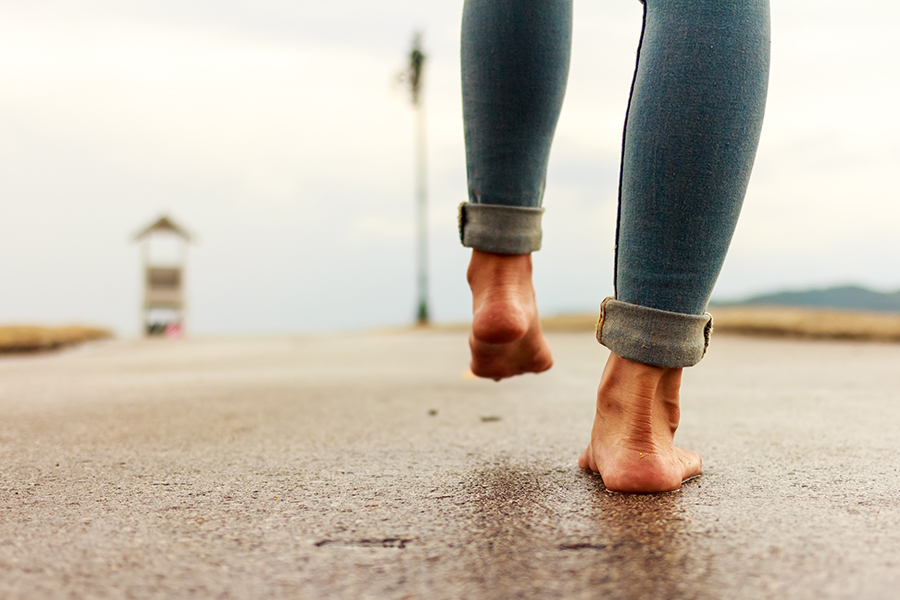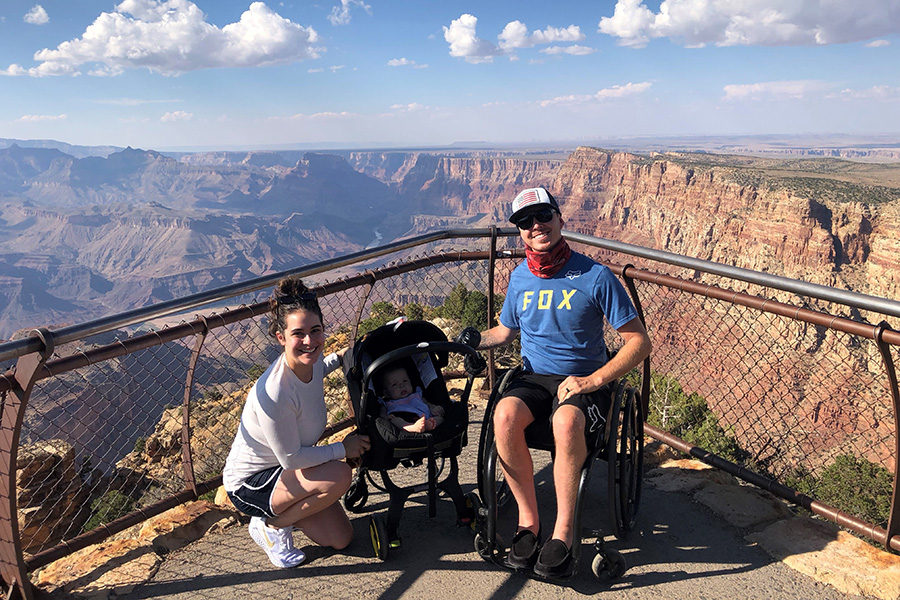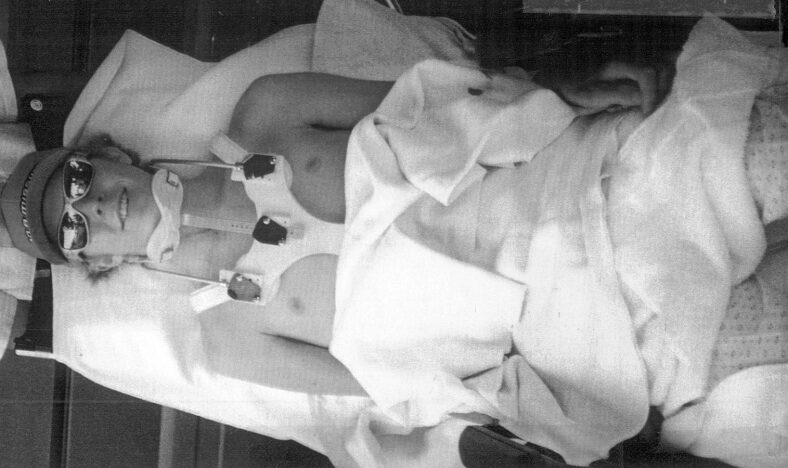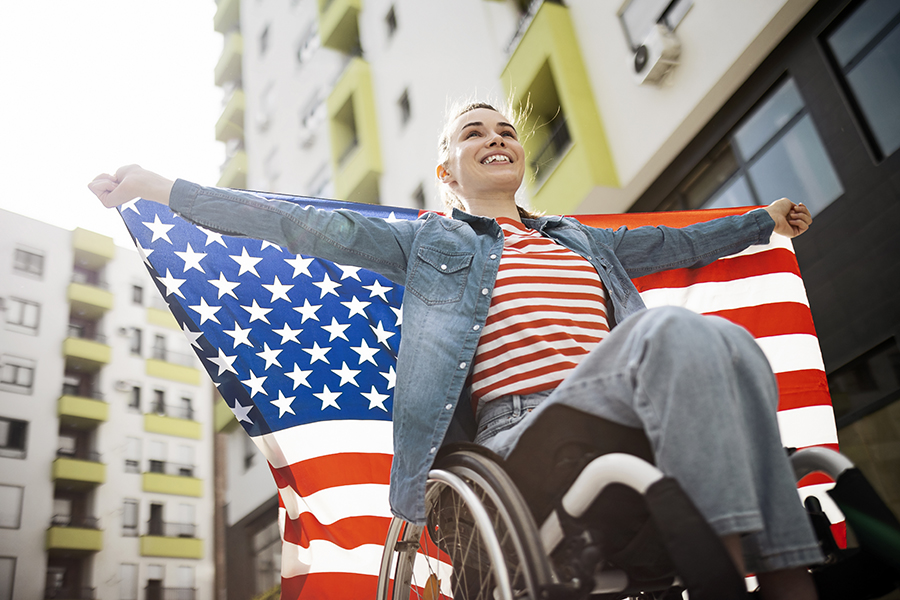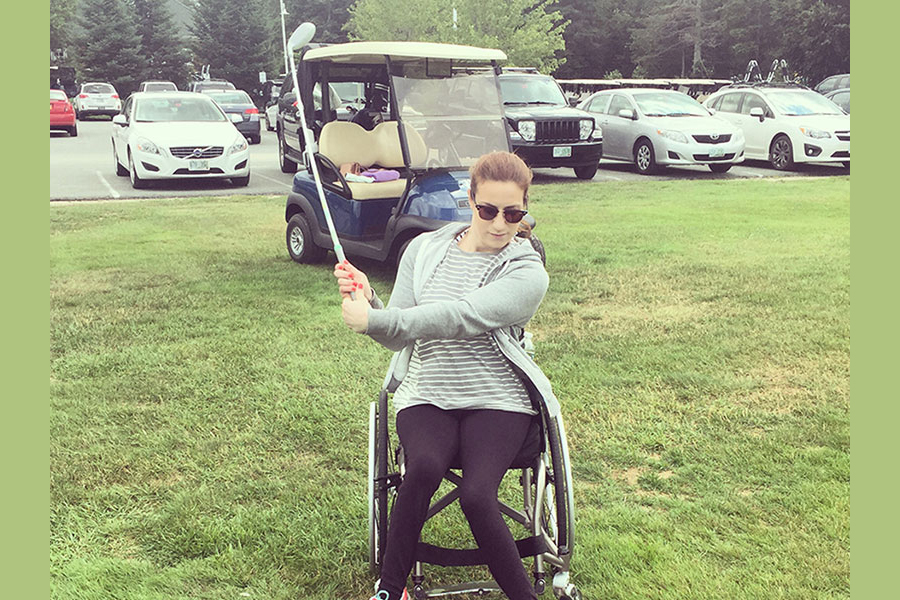By the Rockefeller University Press – originally published via Newswise | October 12, 2016
Researchers from Ohio State University have discovered that spinal cord injury alters the type of bacteria living in the gut and that these changes can exacerbate the extent of neurological damage and impair recovery of function. The study, “Gut dysbiosis impairs recovery after spinal cord injury,” by Kristina A. Kigerl et al., which will be published online October 17 ahead of issue in The Journal of Experimental Medicine, suggests that counteracting these changes with probiotics could aid patients’ recovery from spinal cord injuries.
The trillions of bacteria that live in the gastrointestinal tract are collectively known as the gut microbiome. Disruption of this microbial community, or dysbiosis, occurs when nonpathogenic gut bacteria are depleted or overwhelmed by pathogenic inflammatory bacteria. Autoimmune diseases (including multiple sclerosis, type I diabetes, and rheumatoid arthritis) have been linked to dysbiosis, and it has been implicated in the onset or progression of neurological disorders, including autism, pain, depression, anxiety, and stroke.
Traumatic spinal cord injuries have secondary effects or comorbidities, including loss of bowel control, that are likely to cause dysbiosis. The authors reasoned that if any changes in the gut microbiome occur, they might, in turn, affect recovery after spinal cord injury.
Under the direction of Phillip G. Popovich at the Center for Brain and Spinal Cord Repair, the researchers found that spinal cord injury significantly altered the gut microbiome of mice, inducing the migration of gut bacteria into other tissues of the body and the activation of proinflammatory immune cells associated with the gut.
Read more on Newswise
About The Journal of Experimental Medicine
The Journal of Experimental Medicine (JEM) features peer-reviewed research on immunology, cancer biology, stem cell biology, microbial pathogenesis, vascular biology, and neurobiology. All editorial decisions are made by research-active scientists in conjunction with in-house scientific editors. Established in 1896, JEM is published by The Rockefeller University Press. Learn more at jem.org.






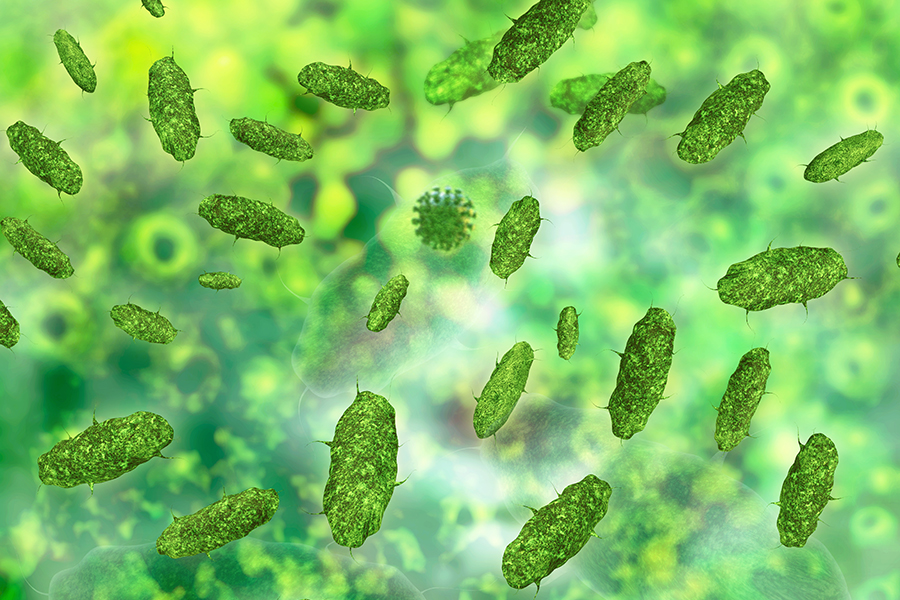


 I have been paralyzed from the waist down since 2013. I’ve been steadily gaining weight since then, and I’m starting to get self-conscious about it, especially since people already stare at me in my wheelchair. What are some exercises, things I can do to help me lose this extra weight?
I have been paralyzed from the waist down since 2013. I’ve been steadily gaining weight since then, and I’m starting to get self-conscious about it, especially since people already stare at me in my wheelchair. What are some exercises, things I can do to help me lose this extra weight?